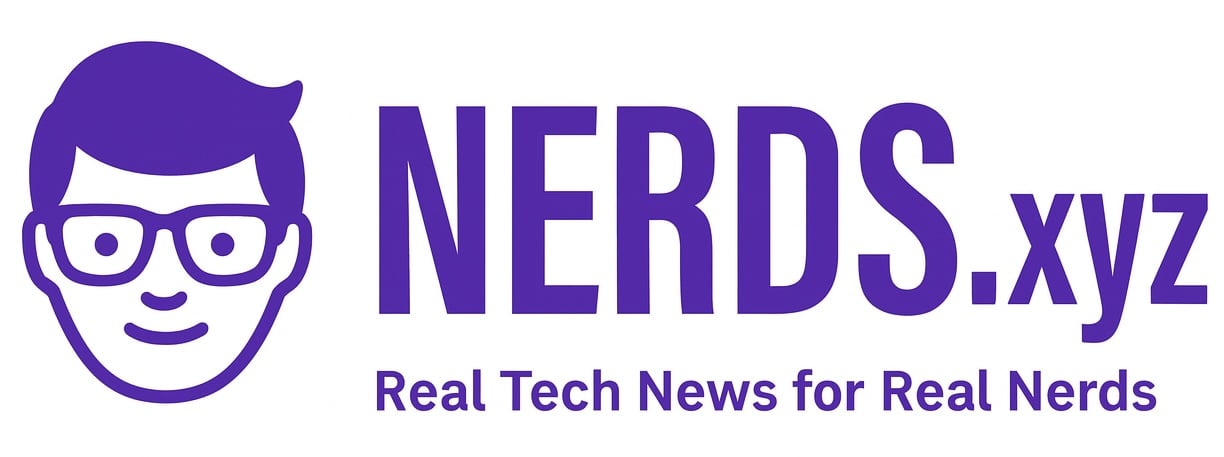
Microsoft just cracked the lid on one of its most-watched AI tools. You see, the GitHub Copilot Chat extension for Visual Studio Code is now fully open source under the MIT license. That means anyone can finally take a look at how this AI-powered peer programmer actually works under the hood.
This isn’t just some partial dump either. The newly available repo includes everything from the agent mode logic to the telemetry hooks and even the system prompts. If you’ve been hesitant to adopt AI tools because you don’t trust the black box behind them, this move offers something rare these days: transparency.

The timing isn’t random either. Microsoft is clearly laying the groundwork to turn VS Code into what it calls an AI native editor. That means making AI part of every corner of the coding experience whether you asked for it or not.
If you haven’t used Copilot Chat yet, think of it as a chatbot that actually understands your codebase. You can ask it to clean up functions, add error handling, explain what a gnarly block of logic does, or even refactor entire files. It answers with context and can apply changes directly into your code. You stay in the editor and it does the heavy lifting.

For folks who want to offload even more work, Copilot also includes agent mode. That is where the AI takes the wheel a bit more. It compiles, fixes lint errors, monitors test output, and iterates on tasks without constant input. It is like pair programming with someone who never sleeps and doesn’t complain about edge cases.
Now that the extension is open source, developers can audit how agent mode actually works. You can also dig into how it manages your data, customize its behavior, or build entirely new tools on top of it. This could be especially useful in enterprise environments where compliance and control are non negotiable.
It is worth pointing out that the backend models powering Copilot remain closed source. So no, you won’t be able to self host the whole experience or train your own Copilot. But everything running locally in VS Code is now fair game. Microsoft says it is planning to eventually merge inline code completions into the same open source package too, which would make Copilot Chat the new hub for both chat and suggestions.

Of course, to get all the latest features, you will need to keep your version of Visual Studio Code up to date. Copilot Chat moves in sync with VS Code releases, so using an older editor means you will miss out on the newest models and capabilities. That is a tradeoff some devs might grumble about, but it is nothing new in the fast moving world of AI development.
Language support hasn’t changed much. Copilot still works across basically every major language including Python, JavaScript, Java, C++, Go, PHP, C#, Ruby, and more. Because it was trained on public GitHub repositories, it understands most common libraries and frameworks out of the box.
Personally, I think open sourcing this extension is a smart and overdue move. You can now read the same code that reads your code. That is a level of visibility you just do not get with most AI tools today. Whether you are skeptical of AI or excited by it, at least now you can make that judgment with your eyes open.
The GitHub Copilot Chat extension is available now on GitHub under the MIT license. If you want to kick the tires, there is a free plan for individual users, and enterprise access is available through admin approval.


